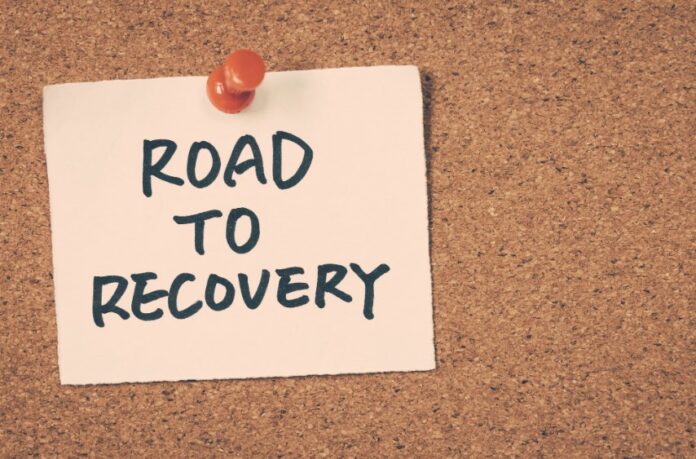Do you want to know how to live a sober life after drug or alcohol use? No one comes out of treatment completely healed. Recovery involves a lifelong commitment, and everyone goes through their own journeys. But that doesn’t mean that you’re alone in yours.
You can get a community of friends and people who’ve been in your shoes to help you along the way. It makes you stronger, braver, and wiser for the road you took to get there.
In that case, read on to learn how to make your sobriety flourish by living a sober life!
1. Adopting a Positive Mindset
Developing and maintaining a positive mindset can help to reduce cravings, increase motivation and confidence, and help to create a meaningful life outside of substance use.
Practicing mindfulness and self-compassion can help to cultivate a healthy outlook. Taking small steps to identify and practice activities and behaviors that cultivate a sober life can help to foster a sense of self-determination and mastery.
2. Relying on Accountability and Support
When an individual makes themselves accountable to someone else, that person can provide feedback and guidance, as well as support and understanding.
Having a strong social network, consisting of family, close friends, as well as support groups, is also essential. In doing so, they can provide advice, resources, and opportunities to remain accountable and sober.
3. Getting Involved in Recovery Groups
Groups help provide the knowledge, insight, and understanding needed to help one in their recovery and personal growth while getting sober.
Many of the members of the group have also gone through similar struggles, allowing the individual to connect with them and learn from their experiences.
With the guidance of a faculty of professional leaders, and the shared willingness to stay sober, there is a hopeful opportunity to adjust life’s expectations and restart.
4. Getting a Treatment
Dual diagnosis treatment seeks to provide support and treatment to those who have a mental illness as well as a substance use disorder.
This form of treatment is tailored to the individual and provides them with the tools to be able to cope with their dual diagnosis and to live a healthy and sober life.
It may include individual and group therapy sessions, medication, lifestyle changes, and in some cases, residential treatment. Treatments seek to provide individuals with the necessary coping mechanisms to help them manage the daily challenges of sober living with dual diagnosis and to help them abstain from any further drug use.
If you find yourself interested, click here for more on dual diagnosis treatment.
5. Creating Healthy Habits and Routines
Establishing a daily routine helps to provide structure, consistency, and accountability to an individual’s lifestyle. Individuals who form a daily routine and lifestyle that is based on healthy habits will be better equipped to remain abstinent.
Setting realistic goals and working towards them is key to success. Sticking to healthy habits, such as not skipping meals and getting enough sleep, can support physical and mental well-being.
Reducing stress can also help to prevent relapse. Participating in activities like yoga, meditation, or exercise can also allow individuals to keep their minds off temptations.
Learn More About Living a Sober Life Today
Living a sober life is possible and well worth it in the long run. With conscious decision-making, setting short and long-term goals, engaging in activities that bring joy, and maintaining a strong social support system, individuals can effectively live a sober life.
Start today by taking the first step and seeking out resources that can help.
Did you find this article helpful? Visit more of our blogs!










